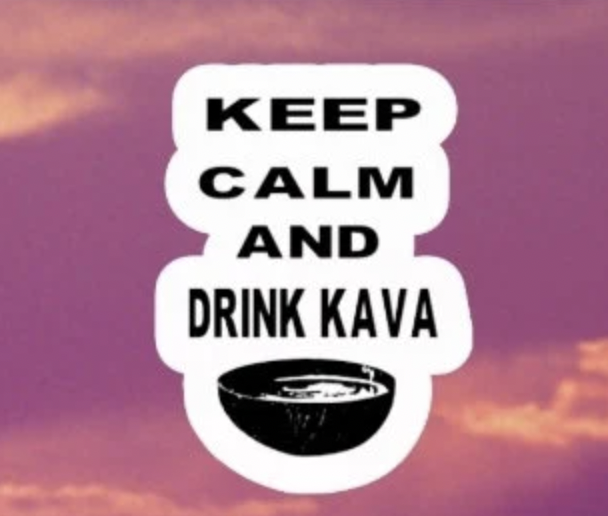 Image 1 of 1
Image 1 of 1


Kava & Paint Meet Up - October 18
Like a non-alcoholic spin on the paint & sip, but instead of the wine we will have kava kava for a fun head/heart shift and creativity, with class instruction by Mara Sprier. Everything is provided, just bring yourself or some friends.
Benefits cited in scientific and traditional contexts
Research and traditional uses of kava have explored several potential benefits, which are important to understand in the context of its regulatory status.
Anxiety relief
Clinical studies: Some reviews of clinical trials have found that kava can be an effective short-term treatment for mild to moderate anxiety, with some studies showing it to be more effective than a placebo.
Mechanism of action: The psychoactive compounds in kava, known as kavalactones, are believed to modulate GABA activity and inhibit the reuptake of norepinephrine and dopamine, producing a calming effect.
Sleep aid
Insomnia: A review of clinical trials found that kava may help induce sleep and improve sleep quality.
Non-addictive: In contrast to many pharmaceutical sedatives, kava has not shown evidence of being addictive.
Muscle relaxant
Therapeutic properties: Kava has been used traditionally and studied for its sedative, muscle-relaxant, and anesthetic properties, which are beneficial for relaxation and pain relief.
Other uses
Pacific Island cultures: Kava has been used for centuries in traditional ceremonies in the Pacific Islands for its relaxing and sedative effects.
Further research: Some studies have explored other potential benefits, such as reducing cravings for alcohol, improving memory, and anti-cancer activity, but these require further research.
consult a healthcare provider, especially if they have pre-existing liver problems, frequently consume alcohol, or are taking medication.
Like a non-alcoholic spin on the paint & sip, but instead of the wine we will have kava kava for a fun head/heart shift and creativity, with class instruction by Mara Sprier. Everything is provided, just bring yourself or some friends.
Benefits cited in scientific and traditional contexts
Research and traditional uses of kava have explored several potential benefits, which are important to understand in the context of its regulatory status.
Anxiety relief
Clinical studies: Some reviews of clinical trials have found that kava can be an effective short-term treatment for mild to moderate anxiety, with some studies showing it to be more effective than a placebo.
Mechanism of action: The psychoactive compounds in kava, known as kavalactones, are believed to modulate GABA activity and inhibit the reuptake of norepinephrine and dopamine, producing a calming effect.
Sleep aid
Insomnia: A review of clinical trials found that kava may help induce sleep and improve sleep quality.
Non-addictive: In contrast to many pharmaceutical sedatives, kava has not shown evidence of being addictive.
Muscle relaxant
Therapeutic properties: Kava has been used traditionally and studied for its sedative, muscle-relaxant, and anesthetic properties, which are beneficial for relaxation and pain relief.
Other uses
Pacific Island cultures: Kava has been used for centuries in traditional ceremonies in the Pacific Islands for its relaxing and sedative effects.
Further research: Some studies have explored other potential benefits, such as reducing cravings for alcohol, improving memory, and anti-cancer activity, but these require further research.
consult a healthcare provider, especially if they have pre-existing liver problems, frequently consume alcohol, or are taking medication.
